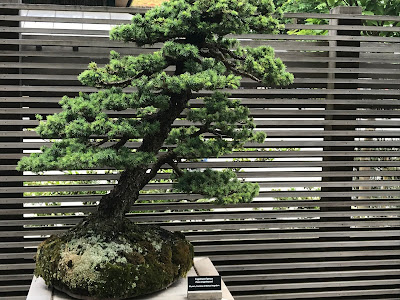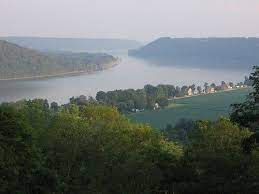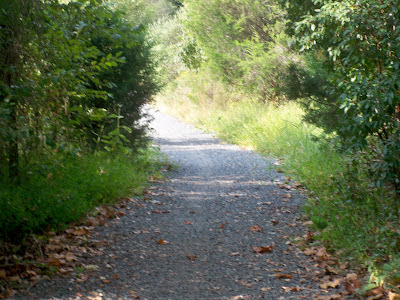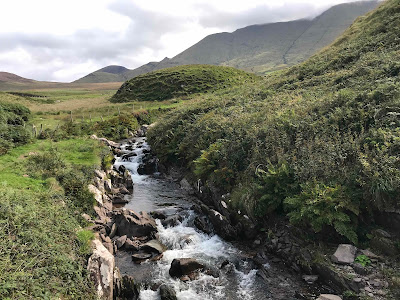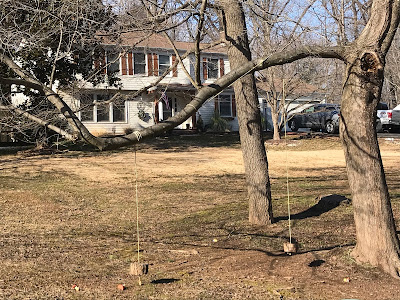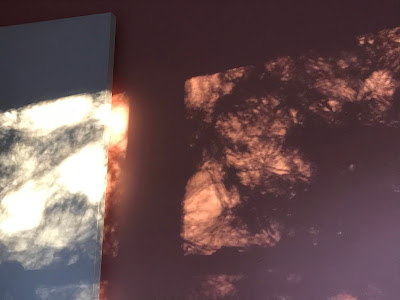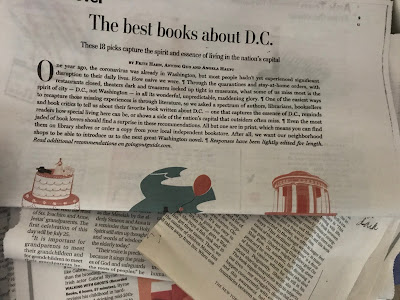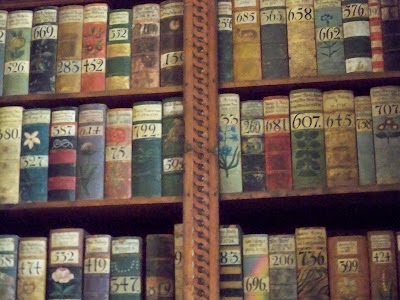A Walking Trifecta
I’m filing this under the category of “books and book reviews I wish I’d written” — a single article in yesterday’s print copy of the Washington Post that covered three books on walking — a trifecta of pleasure that has added three tomes to my must-read list.
In Praise of Walking: A New Scientific Exploration, by neuroscientist Shane O’Mara, describes the many benefits of walking, most of which I know but all of which I love hearing about again: how it helps protect heart and lungs and even builds new cells in the hippocampus.
In First Steps: How Upright Walking Made Us Human, paleontologist Jeremy DeSilva explains the importance of bipedalism to human exploration, how it made possible the longer legs and shoes that have taken us to colder climes and, ultimately, even the moon.
Finally, the reviewer, Sibbie O’Sullivan, discusses Healing Trees: A Pocket Guide to Forest Bathing, which explores the Japanese concept of shinrin-yoku, immersing oneself in nature:
“Every page of ‘Healing Trees’ reminds us how separated from the world, from nature, from the trees, we’ve become,” writes O’Sullivan, who injects herself beautifully into the essay by describing her own walking, falling and resultant knee surgery. “Too often we take walking for granted,” she writes, “but we shouldn’t.”


